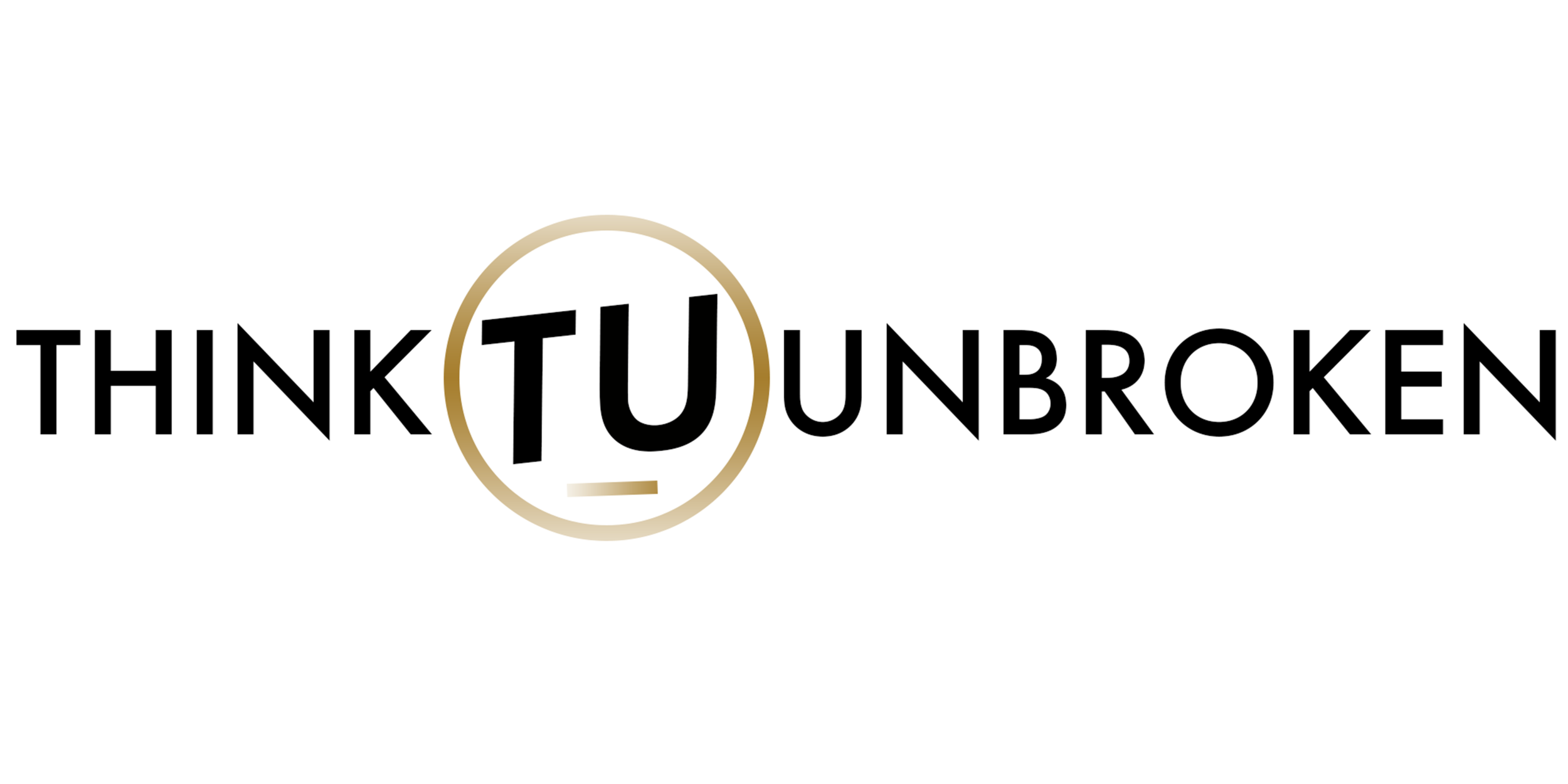How I became a Trauma-Informed Life Coach
I never planned on being a trauma-informed life coach.
I certainly didn't think I would have an award-winning trauma-based podcast. And I absolutely didn't think I would write a best-selling book about healing childhood trauma. None of these things were on my radar. In fact, at first, I didn't even want to coach my first client.
I am a writer first, and writing is what I do. Writing is what I have always done. I love books and the practice of putting my thoughts into words and onto paper. So, the idea that I would sit across from someone and be a life coach for them and help them navigate the struggles of their life felt odd to me.
In fact, the first time that someone asked me to be their life coach, I told them no. And then I told them no again and even once more. But, because this person was very adamant about me helping them I made a one time deal with them. I would coach them and help them understand the impact of childhood trauma and what happened in their life, and then I would walk away. This was meant to be a one-and-done thing.
I always thought people like Tony Robbins and the like, these guru life coach and advice givers were full of shit. I even told Tony that once. And I meant it. Obviously, a lot has changed in my life since that initial thought, but the reality is that I never felt like life coaches were legit. At best, I chalked them up to underqualified therapists. I truly felt that life and health coaches were pointless.
Why would anyone need a life coach?
A couple of years into my first legal venture as an entrepreneur, I realized that I needed real guidance and help, and that is when it clicked for me for the first time that there are people who are life coaches that can truly help you go to the next level. There are people who are life coaches that suck and just want your money. As I struggled with that first business, and my life was falling down around me, I decided to hire my first coach, and to this day, it’s one of the best decisions of my life.
What was so interesting about reflecting on my biased and judgemental thoughts as I had become a coach myself is that not everyone has to “get it” and most people don’t. Obviously, I was one of those people. As I sat week after week with this person and watched their life change because of the knowledge and experience I brought to the table, I knew that I wanted to go deeper.
The process of going deeper into understanding both the business of coaching and creating practical tools that could help people uncover why they were stuck, and free themselves from the impact of childhood trauma was and has always been an adventure. Over the years, I have worked with some of the greatest coaches in the world, like Tony, Tim Storey, Tom Bilyeu, Grant Cardone, and David Melzer. I have also received training and certifications focused on trauma-informed coaching from Dr. Gabor Mate, Pete Walker, The Gottmans, and more.
I understood early on as a coach because I sucked (at least I thought I did) that in order to actually help people, I would have to learn about people and how we function, how we think, how we act, and how we all process information. Not only did my own trauma-healing journey play a massive role in my ability to coach people, but so did my willingness to learn more and more about the impact of trauma and the toll it takes on the lives of those who have been hurt. And the more I learn, coach, and teach, the more I truly value being able to coach people.
The best Trauma-Informed Coach
In an odd sense, I became one of the best childhood trauma and cptsd coaches in the world because I had to do the work myself. With an ACE score of ten, I should be dead or in a gutter with a needle in my arm. And so I often think that if I can make it out, then I can help others make it out, too.
I guess I was meant to coach people. I was put here and suffered the childhood trauma that I did to guide those like me through the darkest tunnels of life. It’s an honor to help those who have been hurt, but it also comes with a huge responsibility to truly step into the idea of breaking the generational trauma that impacts millions of people in the United States and worldwide.
As I look at my future and what I think is next, I know that I will continue to be one of the best trauma coaches in the world; I will continue to learn so that I can serve my clients at the highest level and I will also continue to do the work for myself.
It’s so funny to know that coaching isn’t for everyone. For those who throw rocks, as I once did, it’s sad to see that they are potentially missing out on the guidance and clarity to truly break free, have support, and unlock their potential.
Having a trauma-informed life coach isn't about someone telling you what to do; it’s about someone helping you find yourself.
Be Unbroken,
Michael

